Imbibe to break down clean-label trends in upcoming webinar
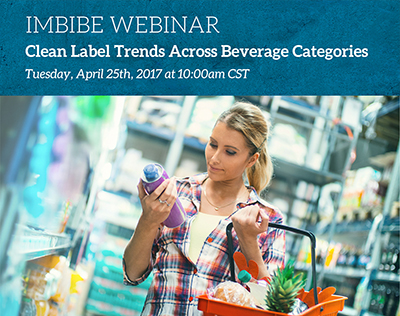
Clean-label products, defined by simple, recognizable ingredients, are becoming standard. Certifications like organic and Non-GMO Verified, along with vegan and grass-fed claims, drive this trend.
#Trendspotting: Clean Label

Video: #Trendspotting: Clean Label
Seeking stability in beverage applications
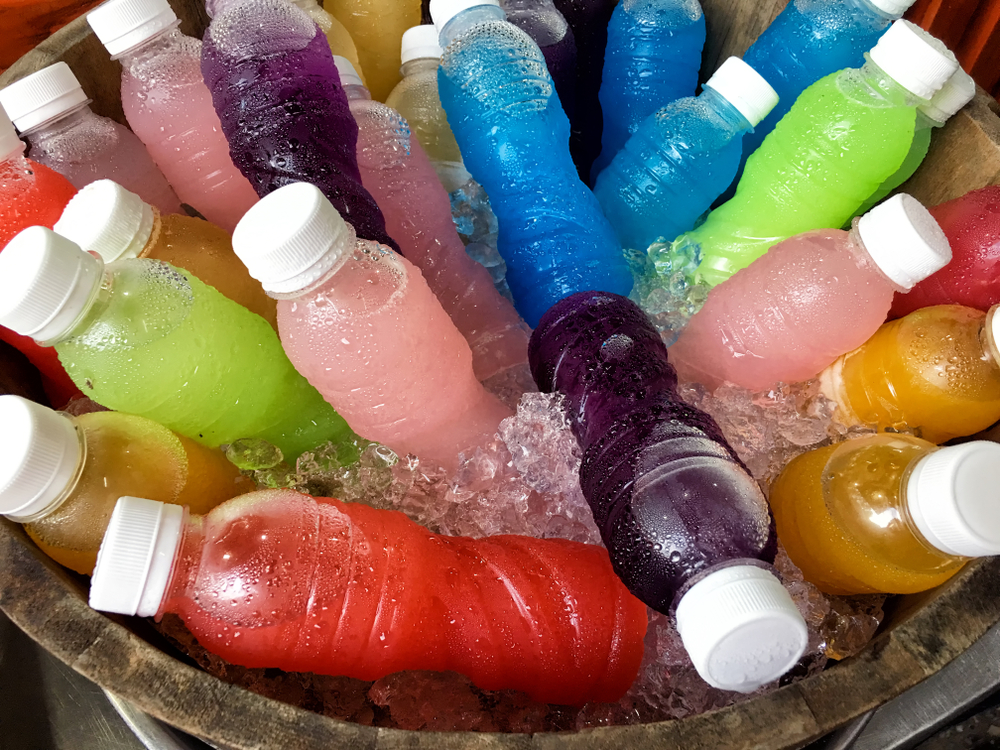
Imbibe’s Joe Farinella highlights four key stabilization areas: physical, micro, flavor, and appearance, with high-protein drinks posing the biggest challenge.
Function: Immunity
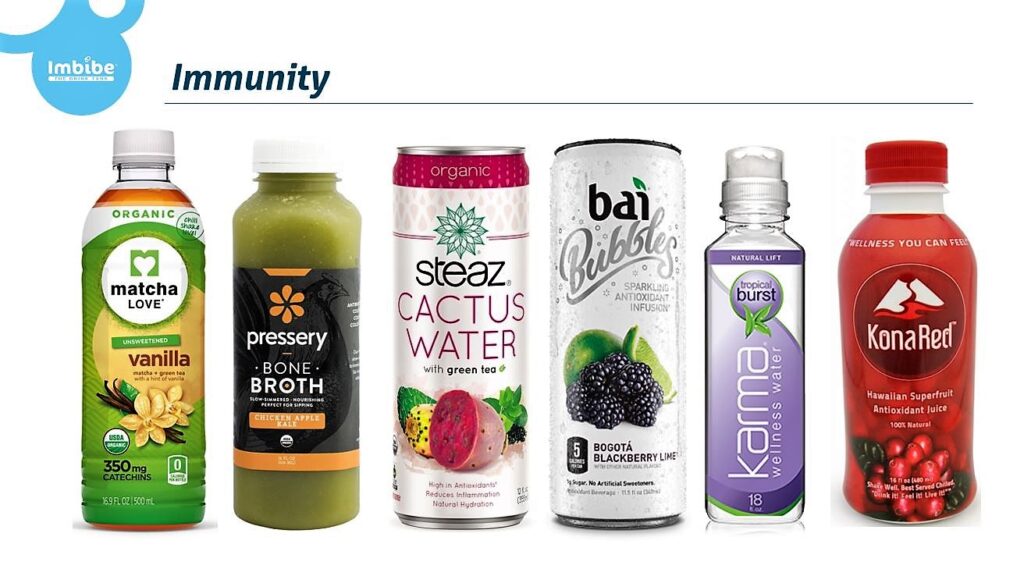
Consumer demand for functional beverages is surging. Mintel reports 70%-82% of consumers seek added health benefits in bottled water, coffee, and teas.
Clean-label SweetSenseTM developed during ‘critical time’ for beverage industry

Laura Dembitzer from Imbibe highlights two consumer segments in the carbonated and sports beverage markets: those opting for artificial sweeteners to cut sugar and another group preferring natural sweeteners, prioritizing health over taste.
‘Bitter is better’ in growing fermented beverage market, Imbibe says
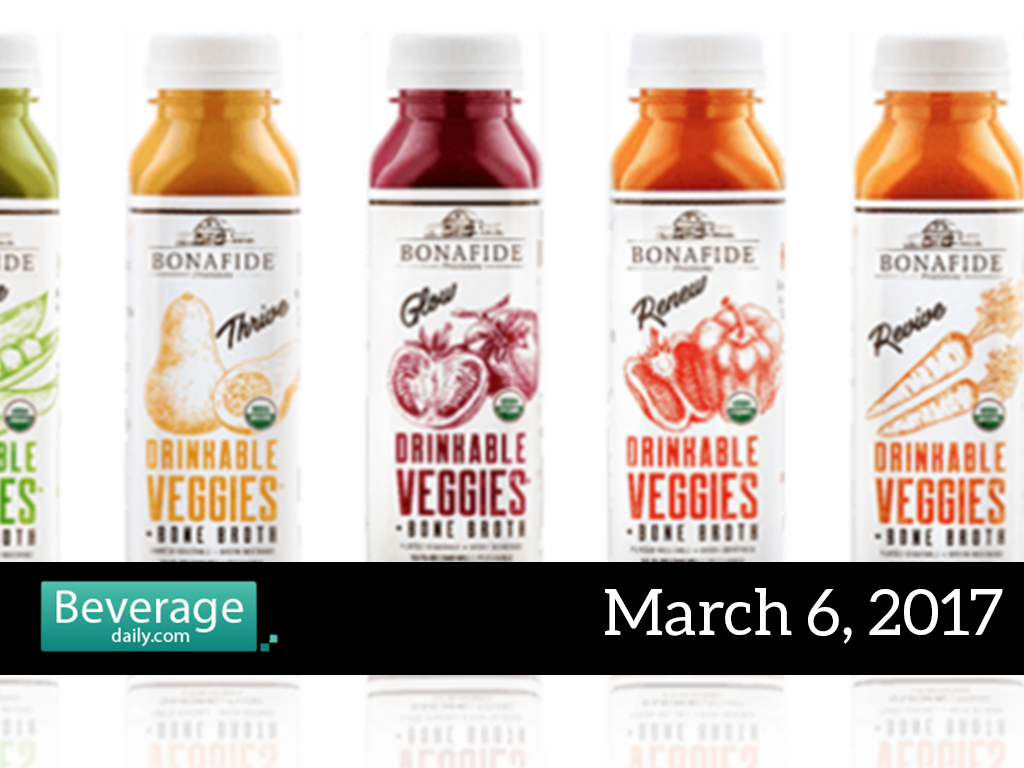
Consumers seek convenient, nutritious drinks, driving growth in vegetable-based, fermented, and animal-based options. Despite their acquired taste, fermented drinks are gaining popularity, suggesting increasing acceptance of unique flavors.
2017 Beverage Trends: Glass is Half Full
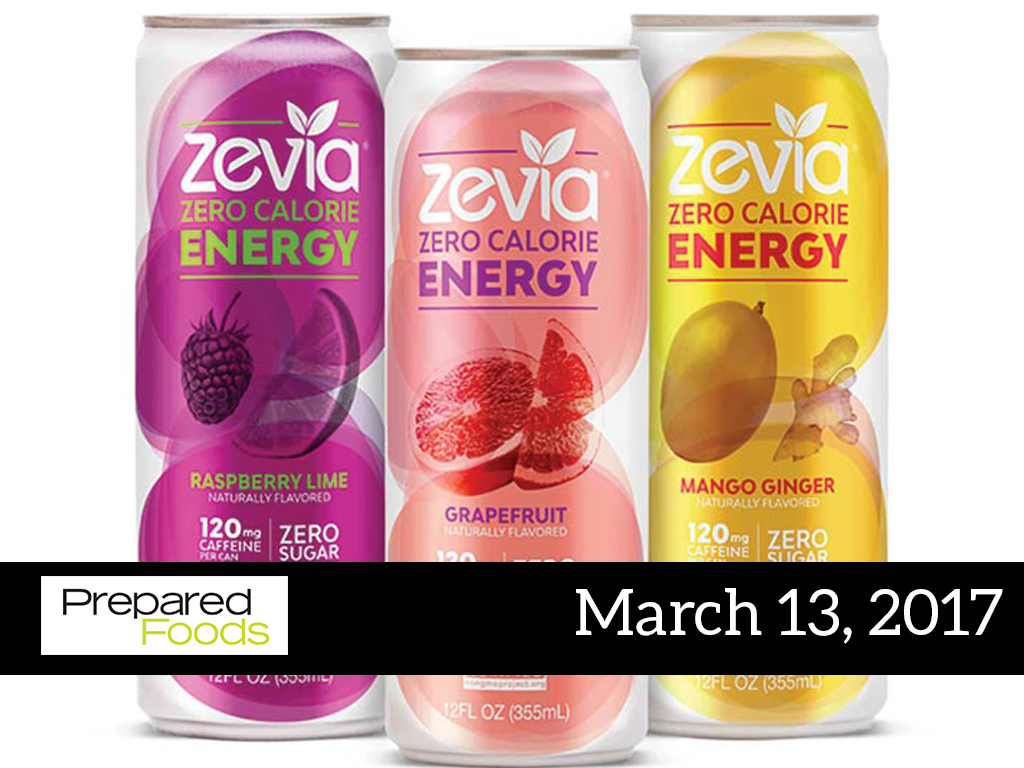
Imbibe Inc. highlights 2017’s top beverage trends, including sustainability with brands like Green Sheep Water, no sugar added options such as Tickle Water.
Following the Organic Spice Trail
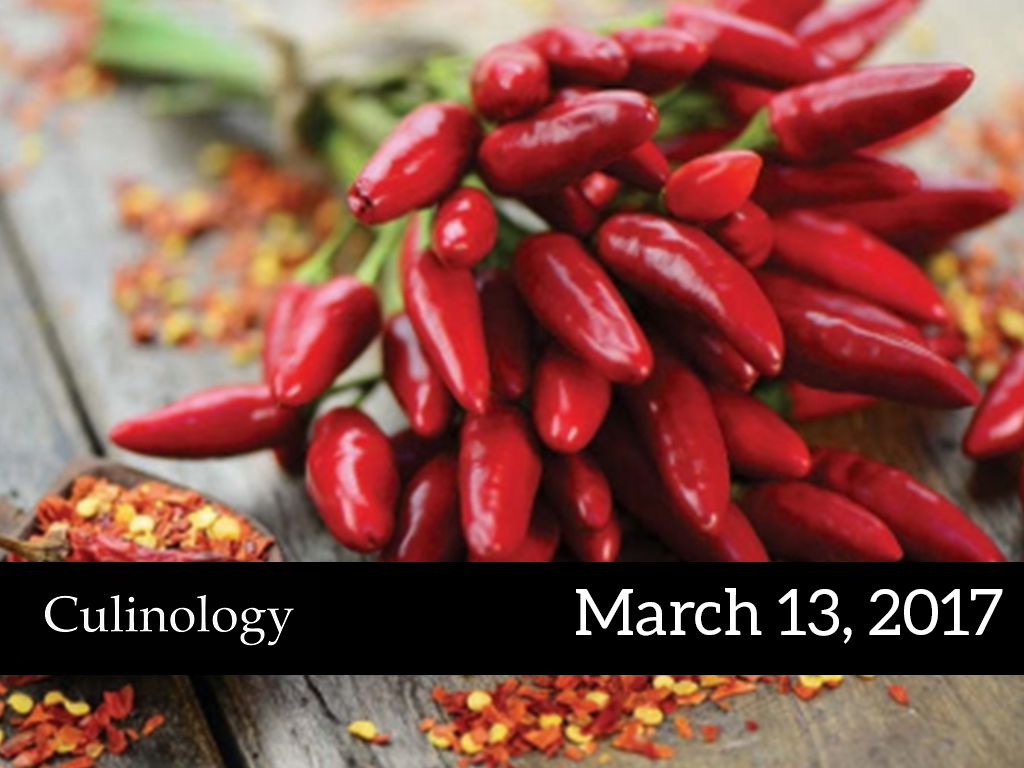
Product developers face a challenge in sourcing flavorful organic ingredients due to limited supply. While demand for organic foods grows, sourcing organic herbs and spices proves difficult.
Imbibe Unveils Proprietary Technology that Elevates Sweetness Perception

SweetSenseTM reduces sugar by up to 30%, labeled as a natural flavor, ideal for clean-label products. Contact Imbibe for details.
Sourcing organic ingredients

In 2015, organic food sales reached nearly 5% of total US food sales. However, sourcing organic ingredients remains a challenge due to limited supply and certification requirements.
